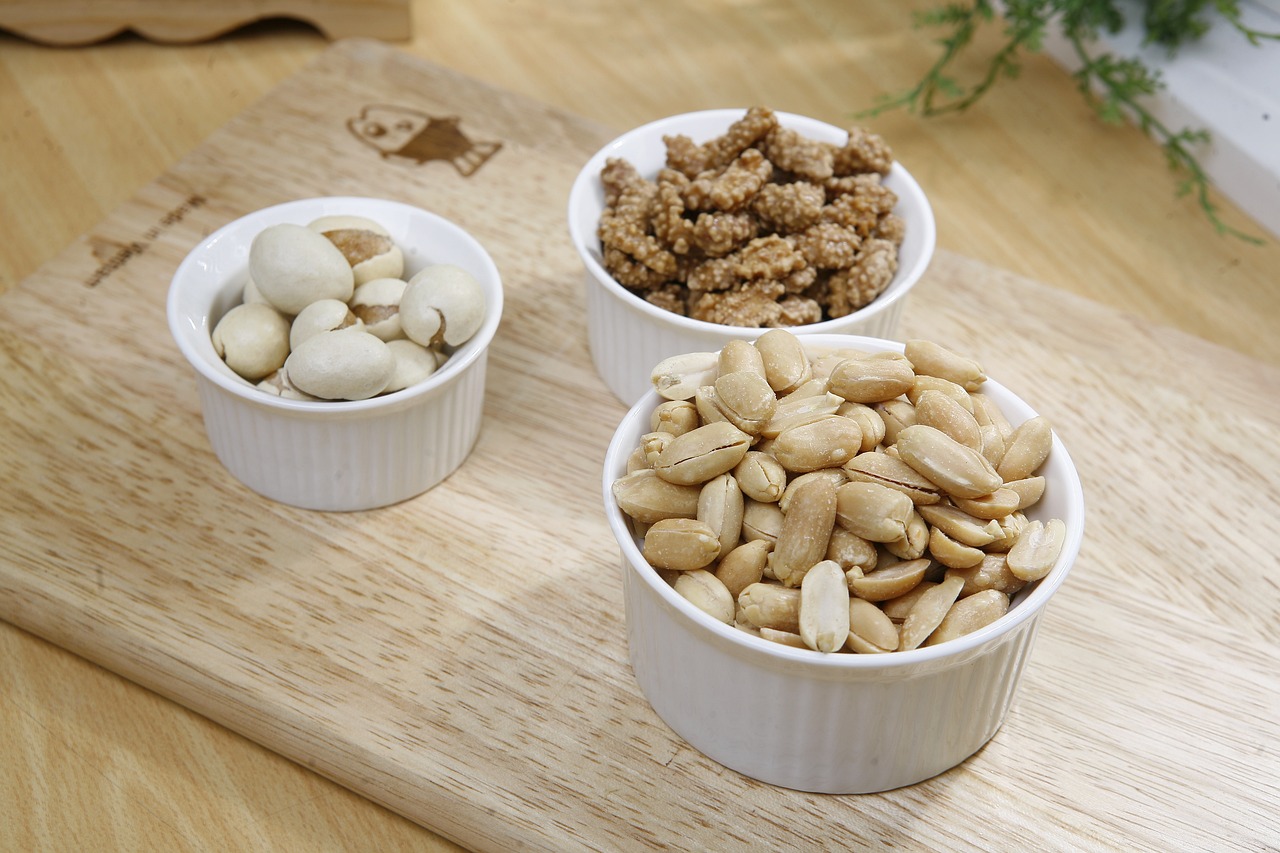Do you have pressure relief mattresses for acute needs?
This article is translated with AI and is based on Swedish conditions. Hopefully it can inspire interested parties from other countries.
A resident in a nursing home who gets a fever can easily become weak and bedridden. This can quickly lead to pressure sores. For an elderly person with a weakened immune system and impaired healing ability, a small wound can quickly lead to major health problems and extensive suffering. Do you have anti-decubitus mattresses for acute needs?
 Foto: Mostphotos
Foto: MostphotosPressure sores can occur quickly
A resident became ill and developed a fever over a weekend. They were bedridden. On Monday, when the regular nurse returned to duty, it was noticed that the resident had developed pressure sores over the weekend. The investigation showed that the nursing assistants had not called the on-call nurse, as they thought the resident was not "that bad". The investigation also revealed that even if they had called, there would not have been any anti-decubitus mattresses available.
In the Care Handbook, we can read that the risk factors for pressure sores vary from individual to individual, so it is important to choose a pressure-distributing substrate based on the person's individual needs.
Tips to avoid pressure sores
To avoid pressure sores, you can take the following precautions:
- Change position regularly: Try to change position at least every other hour if you are lying in bed or sitting in a chair for long periods. Movement helps to relieve pressure on certain areas of the body.
- Use specialized pillows and mattresses: There are pillows and mattresses specially designed to distribute the pressure evenly across the body and reduce the risk of pressure sores.
- Keep the skin clean and dry: Keep the skin clean and dry to reduce the risk of friction and skin damage. Make sure to wash and dry the skin thoroughly, especially around pressure-prone areas.
- Wear looser clothing: Avoid wearing tight clothes or shoes that can create friction and increase the risk of pressure sores.
- Sit and lie in the right position: Place the body in a position that reduces the pressure on areas that are often exposed to pressure, such as the sacrum or heels. Use pillows or cushions to relieve pressure on these areas.
- Avoid moisture and excessive heat: Moisture and excessive heat can increase the risk of skin damage and pressure sores. Make sure to keep the skin dry by using suitable clothing and bedding.
Always contact a nurse
Anyone who is at risk of developing pressure sores or has difficulty avoiding them on their own should always contact a nurse for professional help and advice.
In an emergency situation and if there is no access to an anti-decubitus mattress, it is important to implement a turning schedule, lubricate heels and other parts of the body that are particularly at risk of pressure damage. Inspect the skin carefully and consider how you can relieve pressure in other ways. Nurses and, if possible, occupational therapists should be involved as soon as possible. There are risk assessment tools in Senior Alert that can also be helpful.
Many residential homes have pressure-relieving mattresses as standard. For those who live in the home, it is a comfort. Despite this, it is important to be vigilant when someone becomes bedridden so that pressure sores do not develop.
Then it is good to have a couple of anti-decubitus mattresses in reserve for incidents during on-call hours.
Reflection - Anti-decubitus mattress
Care Staff:
- Do you have clear routines for when you should contact a nurse?
- Do they come if you call?
- Do you get clear orders for turning schedules and follow-ups when someone becomes bedridden?
Manager, Nurse, Occupational Therapist, and Physiotherapist:
- Do you have good contact with your on-call nurses?
- Do they come when the nursing assistants call?
- Are there mattresses with pressure-distributing properties available for on-call nurses?
- Is it known where they are?
- Do turning schedule routines work for those who need it?
Residents and Relatives:
- Does your relative spend a lot of time in bed?
- Has any risk analysis been done in the operation for this?
- What type of mattress is in the bed?
Erland Olsson
Specialist nurse
Sofrosyne - Better care every day

Aktuellt i media
-
2025-04-14 04:00
08 Förebyggande o lokaler
The art of furnishing a nursing home, a balancing act between homeliness, functionality, and hygiene aspects.
info -
2025-04-10 04:00
04 Bemötande
Waking up in a nursing home - is the morning routine adapted to each individual's needs?
info Bild: Pixabay
Bild: Pixabay -
2025-04-07 04:00
09 Mat och måltid
For the elderly, it is often important to eat many snacks in order to get enough nutrition.
info Bild: Pixabay
Bild: Pixabay -
2025-04-03 04:00
04 Bemötande
What creates safety in elderly care homes - advice and tips on creating a secure environment for the residents
info -
2025-04-01 00:00
10 Aktivitet o funktionsbevarande arbetssätt
Reminiscing, working with memories, is an activity that creates a lot of added value for people with dementia.
info - 2025-03-31 04:00 05 Planering

